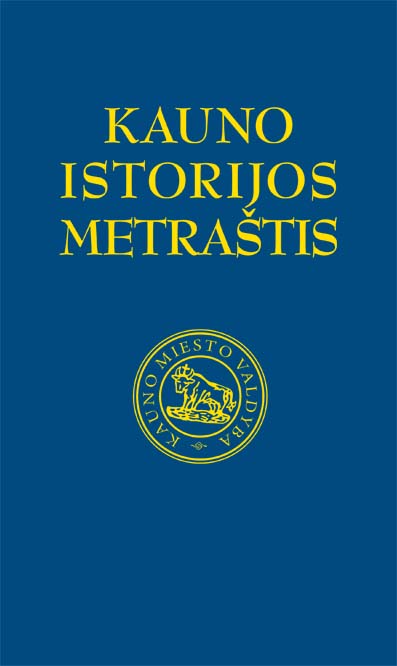Dvarininkiškos praeities ir miestietiškos dabarties sąlyčiai Kauno visuomeninėje mintyje XX a. ketvirtajame dešimtmetyje
The Connection Between the Landlord Culture of the Past and the Urban Present in Kaunas Public Thought in the 1930s
Author(s): Modestas KuodysSubject(s): Cultural history, Economic history, Local History / Microhistory, Social history, Interwar Period (1920 - 1939)
Published by: Vytauto Didžiojo Universitetas
Keywords: Manors of Kaunas environs; City culture; Historical narratives; Publicistic writing; Lithuanian society in the 1930s;
Summary/Abstract: The present article aims at evaluating how the history, material heritage, and cultural traditions of manors in Kaunas environs were treated in the Lithuanian publicistic writing and other similar sources in the 1930s. The research has revealed that the manors in Kaunas environs during the Tsarist rule were given unproportionally little attention, and very fragmentary information dominated in the popular stories of the past of the temporary capital in the 1930s. This situation was preconditioned by the attempt to focus on heroic literary narratives, which inspired and united the peasant nation, while the “foreign” context about the social and national oppression was not focused on. During the temporary capital period, the destiny of manors in Kaunas environs was viewed without any sentiments and without any emphasis on heritage protection. In various sources, the attitude to change the “landowners’ past” to the “urban present” both from the material and mental perspective dominated. It was believed that the land of manors, buildings, and other property should first serve the interests of the wide society, Lithuanization of Kaunas, and its flourishing. On the other hand, in the 1930s, more attention was paid to the “new Kaunas gentlemen” and their vices, which, as often believed, occurred not only because of vanity but also because of the attempts to imitate the lifestyle and behaviour models of the old nobility. The most sarcastic or, in some cases, sufficiently angry social criticism was mainly expressed towards the inclination of the temporary capital elite to buy manors, hire servants, demonstrate their wealth, organize fancy parties, and view “the common people“ with disdain.
Journal: Kauno istorijos metraštis
- Issue Year: 2019
- Issue No: 17
- Page Range: 79-96
- Page Count: 18
- Language: Lithuanian

